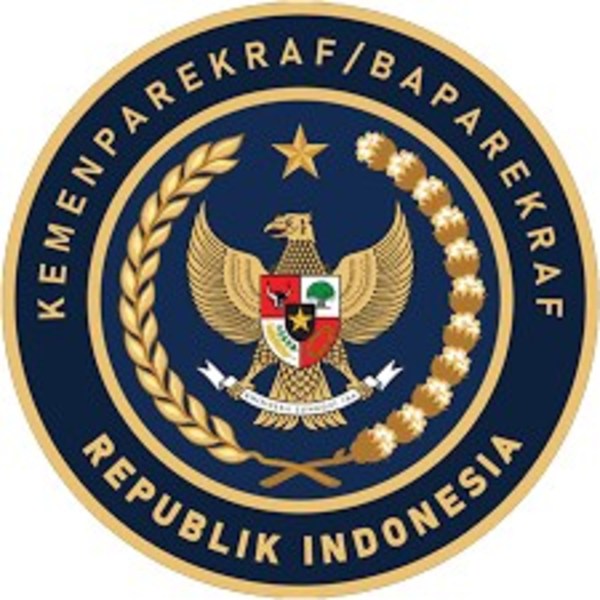 |
JAKARTA, Indonesia, Nov. 15, 2021 /PRNewswire/ — The Indonesian Ministry of Tourism and Creative Economy is looking ahead to leading the shift towards recovery and the revival of tourism industries, as the pandemic begins to recede. Focusing on the nation’s biggest workforce demographic, the Ministry has recently socialized a new initiative focusing on re-skilling and up-skilling Gen-Z and Millennials across cities in Indonesia.
To view the Multimedia News Release, please click: https://www.prnasia.com/mnr/MoTCE_202111.shtml
Indonesian Minister of Tourism and Creative Economy, Sandiaga Uno, said that the initiative focuses on four core components, namely Four Aces (4 AS). With the 4 AS, the Ministry aims to encourage Indonesian Gen Z and millennials to make their contributions, therefore they can increase their competence and eventually initiate new innovations to revive tourism and creative economy.
“4 AS means Kerja KerAS (Work Hard) — strategically optimizing skills and competency to deliver success, Kerja CerdAS (Work Smart) — using technology, digitalization, virtualization, and science to transform businesses, Kerja TuntAS (Work Thoroughly) — finding creative ways to fend off boredom and apprehension, Kerja IkhlAS — always making sure to do your best and let all love do the rest,” said Sandiaga.
The initiative also includes a series of youth empowerment programs in tourism and creative industry sectors on the pipeline, including technical training, webinars, mentorships, and incubator programs. It is designed following the Ministry’s three main pillars: Innovation, Adaptation, and Collaboration.
“To upgrade the initiative, we constantly innovate with big data to map out opportunities and potentialities of our youth in the tourism and creative economy sector. Adaptability is also important, especially in the face of COVID-19. The goal is to make the younger generation more observant in identifying opportunities, while improving new skills to encourage them create new jobs for the nation’s economic recovery,” added Sandiaga.
Millennials and Gen Z play a vital role in reviving the tourism sector
Before the pandemic set in, tourism remained an important part of the country’s economic growth, contributing almost five percent of its gross domestic product annually. The industry has been seeing unprecedented setbacks since then.
As the pandemic enters its second year, the tourism sector has been greatly affected and largely being put on a standstill. This has resulted in a 6.67% decline of the workforce in tourism. The Ministry predicted that 60% of job opportunities post-COVID in Indonesia are still untapped. Gen-Z and Millennials are poised to harness new opportunities in the post-pandemic economy by leading the charge as entrepreneurs, artisans, as well as tourism and creative industry workers.
The Ministry’s 4 AS program has put Indonesia’s biggest workforce demographic, Gen Z and Millenials, front and center. As of 2021, Gen Z and Millennials make up nearly 54% of the country’s total population. “Tapping into this valuable resource is seen as one of the key factors in accelerating the post-COVID recovery of Indonesia’s tourism sector,” said Sandiaga.
Partnerships and collaborations between various stakeholders are also important in supporting the younger generation to be creative. “Creativity will lead to innovation among the youth, so that it can increase new jobs creations for a better future,” concluded Sandiaga.
About the Indonesian Ministry of Tourism and Creative Economy
Driven by a vision to make Indonesia a world-class tourism destination, the Indonesian Ministry of Tourism and Creative Economy innovates various breakthroughs to continually grow the creative industry in Indonesia.
Among them are through programs based on Innovation, Collaboration, and Adaptation as well as campaigns for socializing the CHSE (Cleanliness, Health, Safety, and Environmental Sustainability) protocol to all provinces in Indonesia. These various initiatives are expected to help move the national economy positively in the midst of the COVID-19 pandemic and provide direction for event participants regarding the implementation of safe and comfortable event and tourism implementation for all communities.

